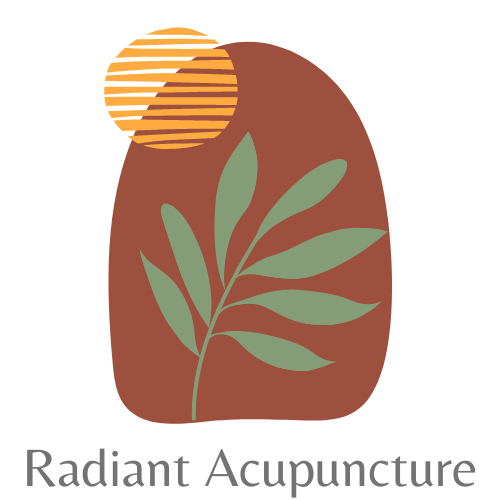Are You Needle Sensitive?
Here’s Why and How to Stay Comfy During Acupuncture
First of all, acupuncture needles are super thin and tiny, often times people don’t feel them at all. I’ve had many new to acupuncture people say, “oh that’s it?” after their first needle. However, if you flinch at the thought of an acupuncture needle or you’re always jumpy during acupuncture, you’re not alone! and it’s definitely not “weakness.” Some people naturally feel acupuncture needles more acutely because of how their nervous system responds. Let’s break down what’s happening in your body and how to make acupuncture a comfortable, even relaxing experience.
Why Some People Feel Needles More
Acupuncture works by interacting with your autonomic nervous system (ANS), the part of your body that regulates automatic functions like heart rate, digestion, and breathing. The ANS has two main branches:
Sympathetic (“fight or flight”): Activates when your body senses stress or danger. You may feel jumpy, tense, or more sensitive to stimuli.
Parasympathetic (“rest and digest”): Promotes relaxation, calm, and healing.
If your sympathetic system is already activated > due to stress, caffeine, low blood sugar, or fatigue > you’re more likely to perceive needles strongly. It’s a normal physiological response.
How to Stay Comfortable During Your Session
Here’s what science says can help reduce sensitivity and make acupuncture enjoyable:
Eat a Small, Balanced Meal:
Stable blood sugar keeps your nervous system from overreacting. Skipping meals can make your body more prone to the “fight or flight” response, making needles feel sharper.
Limit Caffeine Before Your Appointment:
Caffeine is a stimulant that increases sympathetic nervous system activity, heightens our pain response, and also reduces the effects of acupuncture. Holding off on coffee, tea, or energy drinks until after your treatment can help you stay calm and relaxed during treatment.
Practice Slow, Deep Breathing:
Deep, controlled breaths activate the parasympathetic system, helping your body shift from tense and alert to calm and relaxed. Even a few minutes of conscious breathing before your session can make a noticeable difference. My favorite is a nice 4 count inhale, with a slower 6 count exhale.
Manage Anticipation of Pain (Perceived Threat):
Sometimes it’s not the needle itself! it’s expecting discomfort that makes you flinch. In treatments I see this as patients jumping or jerking their body before I even insert the needle. Your brain’s amygdala can heighten alertness when anticipating pain, making sensations feel way more intense. Tips to reduce anticipatory sensitivity:
Close your eyes or look away.
Focus on mindful breathing or a calming visualization.
Remind yourself that acupuncture is extremely safe and healing.
Stay Hydrated and Well-Rested:
Dehydration and fatigue amplify nervous system sensitivity. Drinking water and getting adequate rest help your body tolerate needles with less stress.
Communicate With Your Acupuncturist:
We can adjust technique for super-sensitive patients: using less needles, smaller needles, or gentle insertion methods. Open communication ensures a safe and comfortable experience.
Explore Alternatives:
If needles just aren’t your thing, acupuncture isn’t the only option. Cupping, gua sha, ear seeds or herbal medicine stimulate similar pathways in the body, promoting relaxation, circulation, and balance, without poking you.
